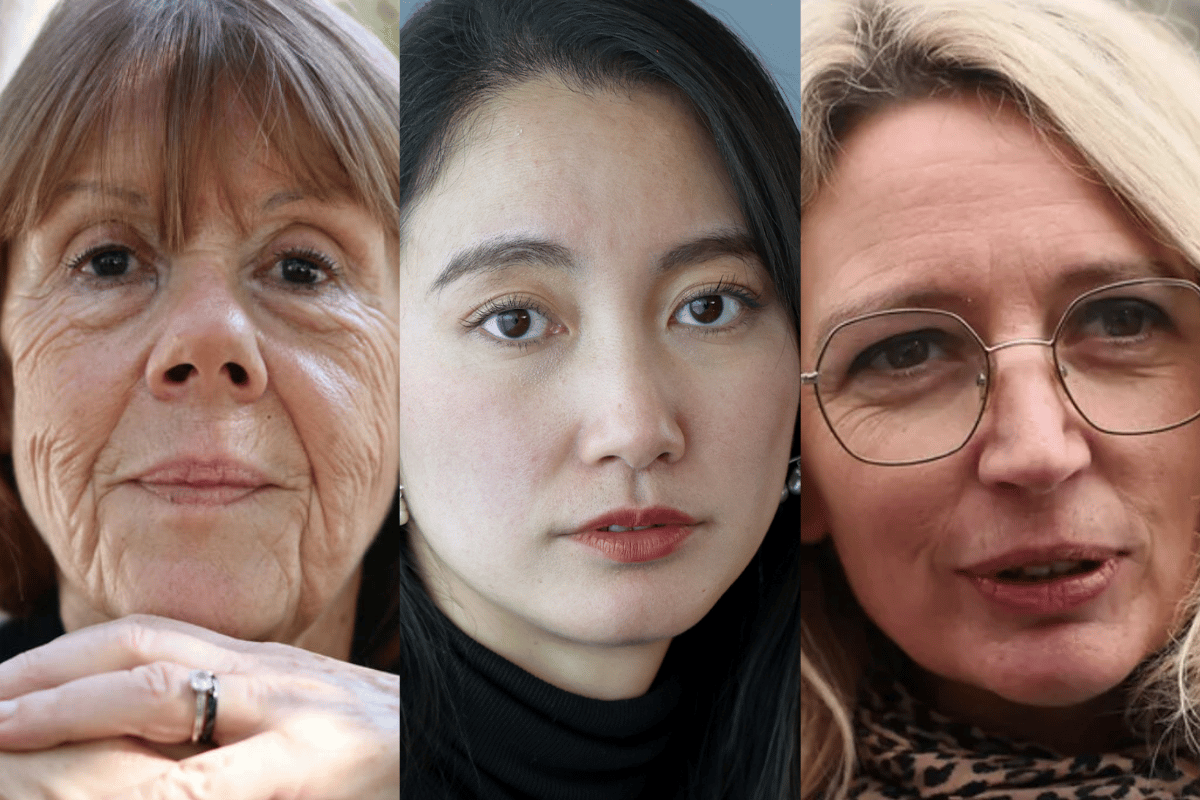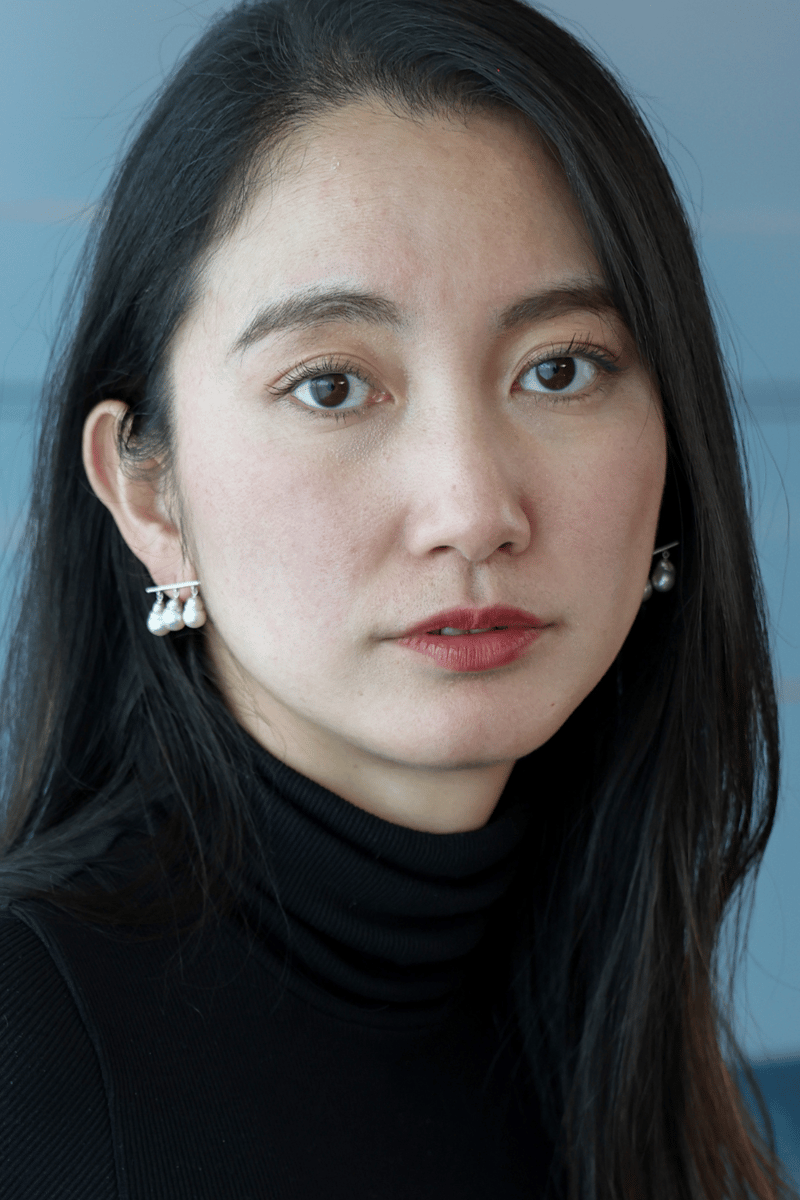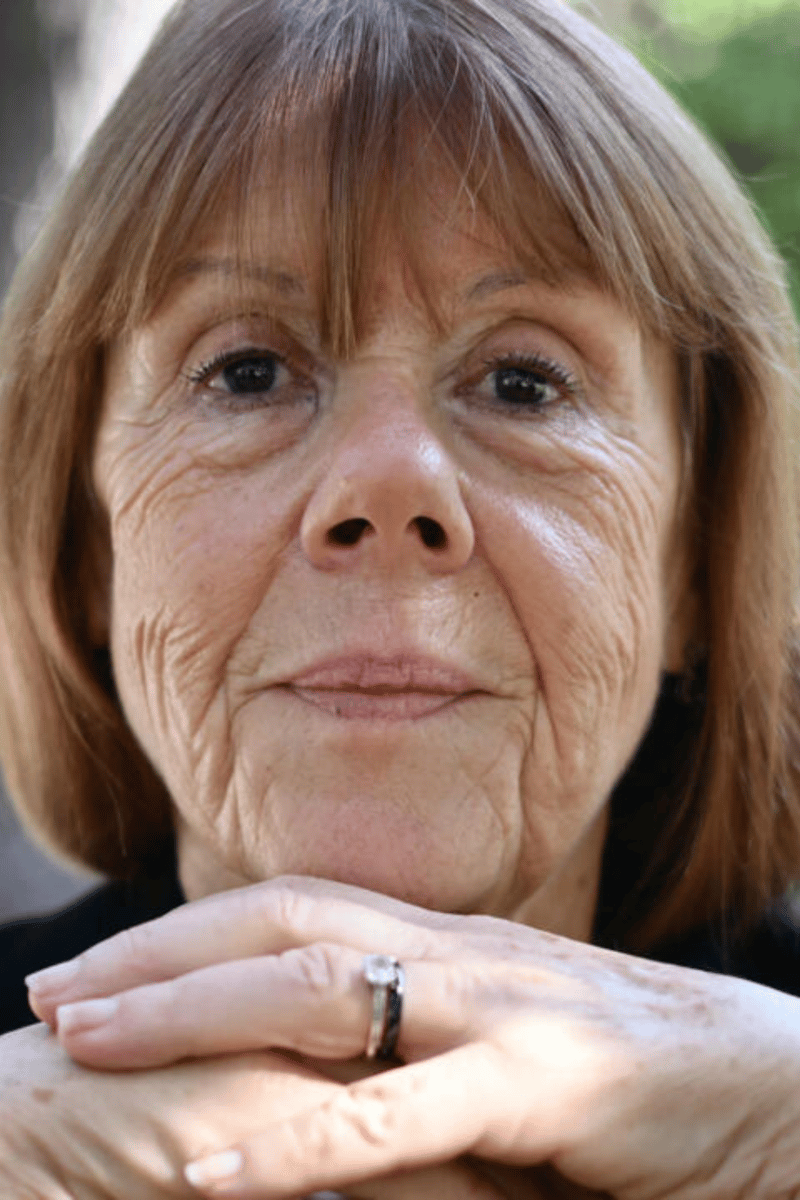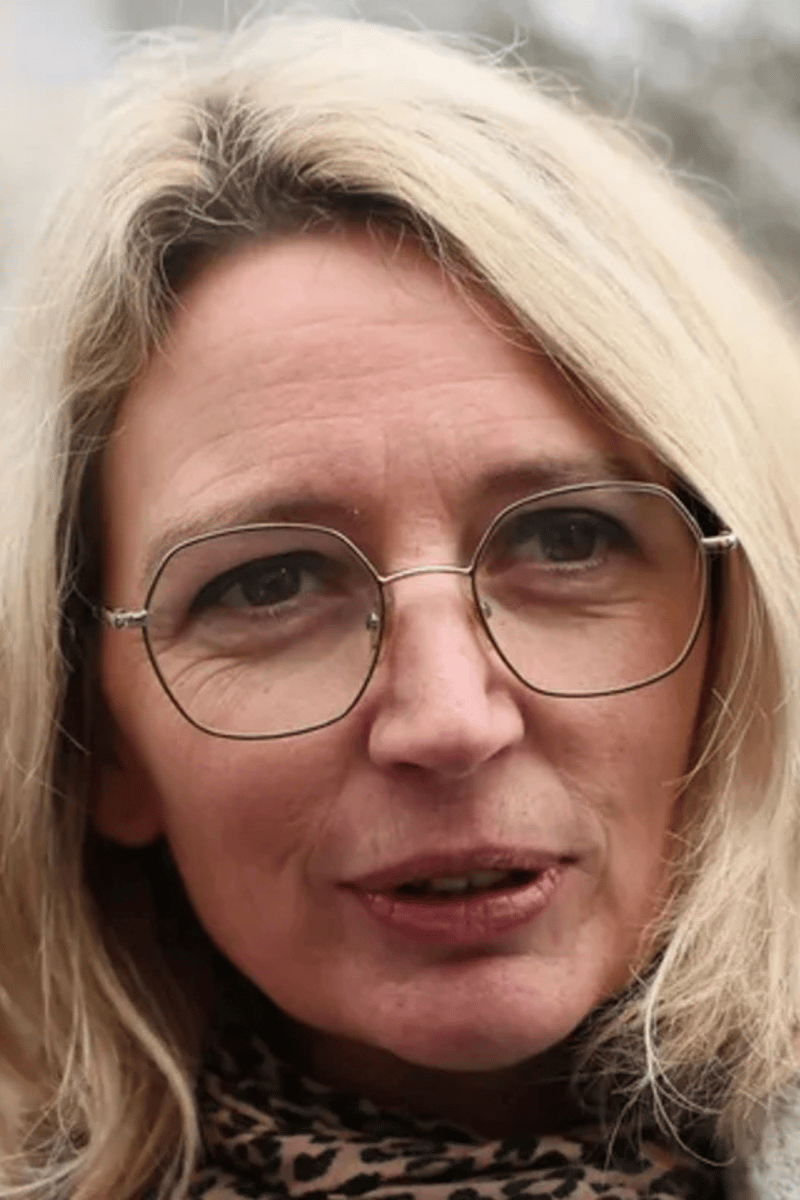
Shiori Ito. Gisèle Pelicot. Amélie Lévêque.
You may know their names. You may not.
But, you should. The entire world should know these women's names.
Because these women are changing the world. They're changing lives.
Saving lives.
They're refusing to remain silent, despite being subjected to horrific sexual crimes; crimes seeped in a stigma so strong that, for centuries, women have been shamed into keeping quiet.
All three women, Shiori, Gisèle and Amélie, were raped by men they trusted. They chose to speak out, to unveil their faces, to put a human name to the true cost of rape and sexual assault.
They are not Jane Does. They are Shiori, Gisèle and Amélie.
Watch: Black Box Diaries trailer. Article continues after the video.
In 2015, Japanese journalist, Shiori Ito, was drugged and raped by a senior television executive after a job interview. She reported her assault to police, however, prosecutors dropped the case a year later, citing a lack of evidence.































































































